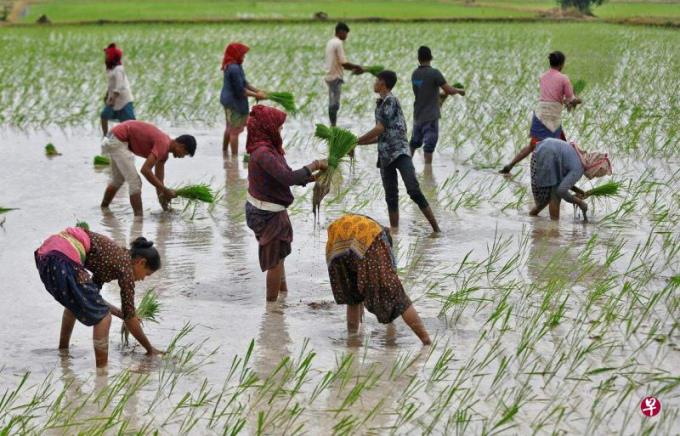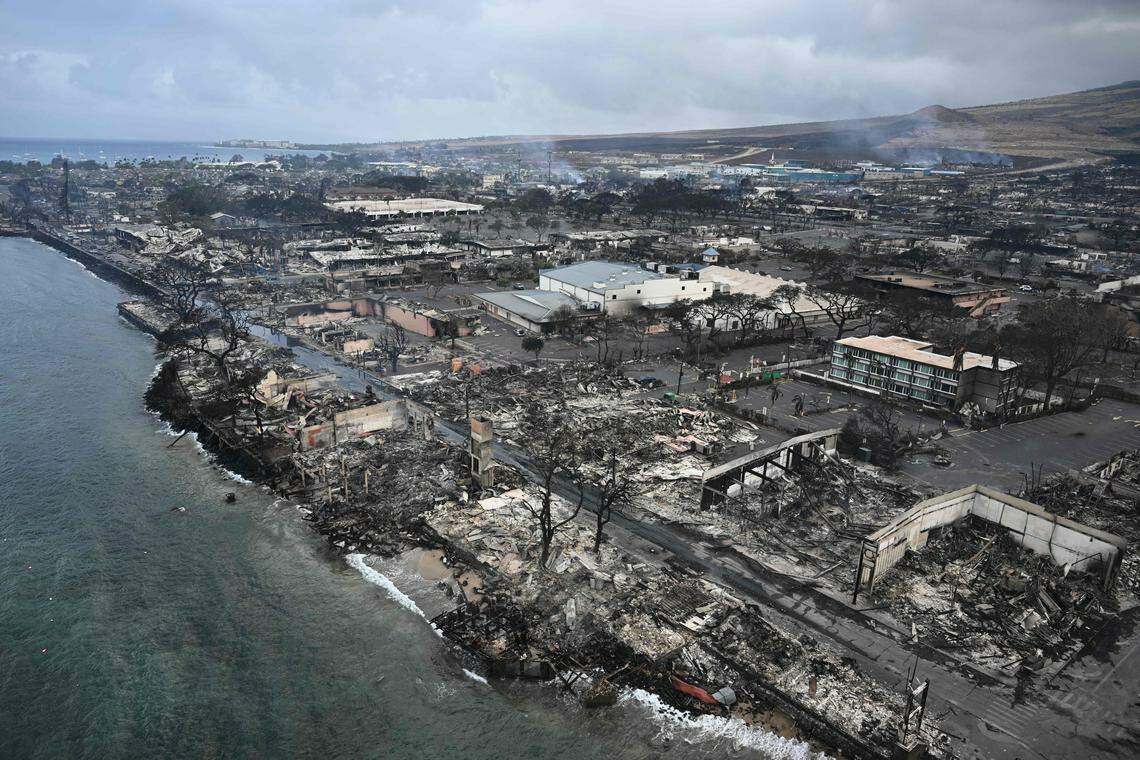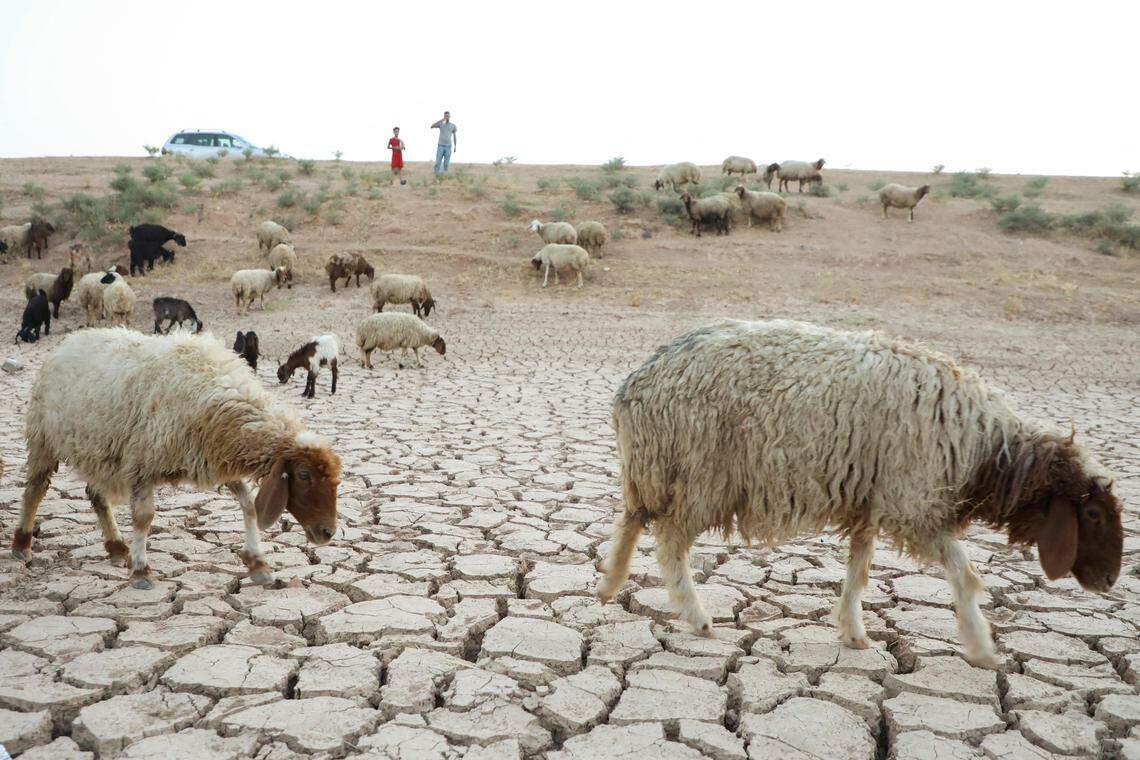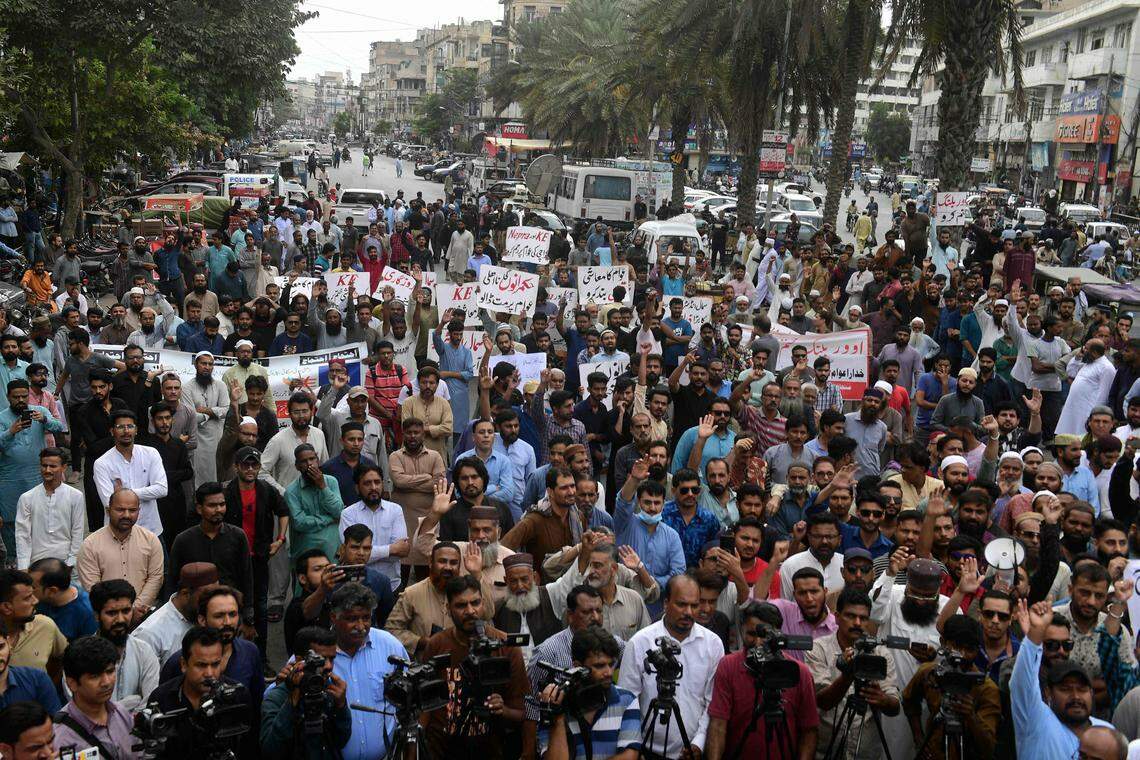
Food prices continued to rise for two years, and there were signs of slowing down in the first half of this year. Unexpectedly, food prices were pushed up again in July.The guidance includes that in order to reduce the price of Inter in order to reduce the price of Inter, most of the rice exports are prohibited from exports. Then Russia announced that it has announced the withdrawal of the Black Sea Food Agreement with Ukraine and the impact of extreme weather.Analysts warn that under this new normal, the world will enter a new era of fluctuations in grain prices.
After Russia invaded Ukraine, the trade protection policy implemented by countries has increased.In order to increase domestic supply and reduce food prices, many countries have more and more restrictions on food trade, which has exacerbated the global food crisis to a certain extent.As of June this year, 20 countries have implemented 27 food export ban, and 10 countries have issued 14 export restrictions.This situation may continue, or even exacerbates, making the safety of food more fragile.
In addition, this year is the phenomenon of El Nino again after seven years. This is a bad news for agricultural countries, because the rainfall has not suffered drought and affects harvest. The risk of food shortage has naturally greatly improved.Walter Baethgen, an expert at the Institute of International Climate and Social Research, said in an interview with Agence France -Presse: "In the year of the El Nino phenomenon, the possibility of apologies for apology will increase, such as South Asia and Southeast Asia." United Nations: The number of people may be reduced within two years
The United Nations pointed out in mid -August that extreme climate may make the shortage of food supply early.Alain-Richard Donwahi, chairman of the UN Desertification Conference, predicted last year that the impact of drought on global agriculture will appear faster than expected.Before the global average temperature rose to 1.5 degrees Celsius before industrialization, serious situations such as soil degradation, lack of water resources, and desertification may occur, which will endanger the safety of food in many regions.
Dongwishi said: "In terms of food safety, not only poor countries, everyone is on the same ship. Climate change, drought, storm, and floods have no boundaries, they can enter a country without visa."
Grain demand is earnest, and the global hunger problem that has been urgent to solve is even worse.The United Nations World Food Program pointed out that in just two years, the number of people who may face the shortage of food from the crown disease has a surge in 345 million Japanese people in 79 countries in 79 countries this year.Double and half.
The Grain Planning Department is taking emergency actions to help countries with shortage of grain to establish and stabilize the food supply chain. The goal is to assist 171.5 million people to fill their stomachs this year, 30 % more than 128 million in 2021.
Whether the world has been trapped in the grain crisis analysts different views
However, to achieve this goal, a lot of funds are required.The Grain Planning Department will need $ 25.1 billion (about S $ 34 billion) this year to start food rescue. However, it is expected that international aid will only be about $ 10 billion, and the funding gap is still very large.Without additional resources, the Food Planning Department will only selectively assist some poor countries.
Dr. Mustafa Izzuddin, a senior lecturer in Singapore National University, believes that global hunger and malnutrition are now very serious.In an interview with Lianhe Morning Post, he said: "We have seen the global grain crisis. If this trend is not contained through urgent intervention of global cooperation, the problem will be even more serious."

Mustafa is also a senior analyst at international affairs of think tank and consulting company Solaris Strategies.He proposed that countries have increased trade opening up, coordinating the support of the people of the affected countries, the use of technology to improve the harvest, and deepen the global cooperation of international institutions to help alleviate the global food crisis.
Dr. Han Wei, manager of Huili Securities Investment Portrait, is not so pessimistic.He analyzed to Lianhe Zaobao that the rise in grain prices was the result of comprehensive promotion of various factors, including high inflation, the supply chain was destroyed during the epidemic, the Russian and Ukraine War, and extreme climate."These factors are more complicated and intertwined, and it is difficult to have short -term solutions. I think the pressure of rising grain prices may be maintained for a while.
But he also added: "The good news is that the global high inflation has signs signs of softening, and the supply chain has also begun to recover after the epidemic. Although the food supply is tight, it is expected that there will be no serious shortage.The possibility of happening is even more minimal. "
Extreme weather caused financial losses to impact food supply
Zagreb, the Croatian capital, experienced a sudden storm on July 21 this year.The local area had just survived a wave of heat. Unexpectedly, the afternoon of the 21st suddenly whispered, the crowd on the street evaded, and the hotel employees were busy using hard objects to hold the door to avoid being blown away.In just two or three minutes, some big trees on the side of the road were broken, and many store signboards were also blown.
Although the Croatian Meteorological Bureau has issued alerts in advance, many Croatans said that they have not encountered such a strong storm in the past few decades. This experience has made them feel worried.
According to the local police report, the storm died at least three people, and they were all killed by the big trees.

Sagreb's experience is not unique.In the past year, there have been impermanent weather in many places around the world.In the past two months, extreme heat waves have appeared in multiple regions of the northern hemisphere, including southwestern United States and Mexico, southern Europe and China.On July 16, the temperature in the United States Death Valley and Northwest China exceeded 50 degrees Celsius.However, on the same land, the Nordic countries have encountered a very destructive storm, and Canada has both forest fires and heavy rain.
In addition to leading property losses in extreme weather, food supply is also directly impacted.
Unfortunately, as the El Nino phenomenon is expected to appear in the second half of this year, extreme weather will only be more frequent.The climate experts of the National Oceanic and Atmospheric Administration asserted that in 2023, it is likely to be the hottest year since the record. The bad news is that 2024 will be hotter than this year!
Last summer alone, more than 61,000 people died in Europe alone.Gregory Wellenius, director of the Boston University Climate and Health Center, told AFP: "It is sometimes called a silent killer because you may not be regarded as a threat.The number of people is more than any other types of bad weather events. "

A research report published by Science Magazine in May this year, after investigating the relevant data of the El Nino phenomenon in 1982 and 1997, it was pointed out that in the five years after the occurrence of the El Nino phenomenon, the global economic loss of more than $ 4 trillion was suffered from the world.EssenceIt is speculated that the El Nino phenomenon and global warming are expected to cause $ 84 trillion in economic losses in the 21st century.
The UN Secretary -General Gutres strictly warned when delivering a speech at the UN headquarters on July 27 that the global warming era has been replaced and the earth has entered the "boiling era".
Gutres said: "Now, the air cannot breathe. It is unbearable. The fossil fuel profit and climate inaction have been unacceptable. Leaders must play a leading role.Express, we can no longer wait for others to take action first. Now there is no time to do those things. We may still control the global temperature rising increase within 1.5 degrees Celsius to avoid the most serious impact of climate change.It must be immediately taken a large -scale climate action. "
The World Weather Attribution, which was established in 2015, urged countries to stop burning fossil fuel quickly, otherwise extreme weather will be more common, and the world will experience a hotter and more long -lasting heat waves.Essence

The rise in oil prices may cause global inflation to soar again
Summer aviation tourism is strong, the demand for power has increased, and the surge in Sinopec's activities has increased, which has promoted global oil demand to a record high.However, Saudi Arabia, together with other oil -producing powers, has reduced production sharply at this time, leading to rising oil prices.
The monthly report published by the International Energy Agency, headquartered in Paris on August 11, saying that global oil demand this year will increase by 2.2 million barrels per day to reach a 10 million 2.2 million barrels per day.In fact, June and August this year, global oil demand has reached a record of 100 million barrels per day.
The International Energy Agency said that China's contribution to the increase in oil demand is 70 %. Although the outside world continues to worry about China's economic situation, China's demand is "stronger than expected and reaching new highs."
However, Organization of Petroleum Exporting Countries and other oil -producing countries (OPEC+) reached a production reduction agreement in June to limit the supply of oil to 2024.Among them, Saudi Arabia announced in early August that the measures to reduce the reduction of 1 million barrels of oil from July to the end of September.After the extension of production reduction measures, Saudi Arabia's daily oil production in September remained at about 9 million barrels, the lowest in recent years.
After Saudi Arabia announced the extension of production reduction measures, Russia also stated that it will extend export restrictions to September, but it will slightly reduce the scale of production to 300,000 barrels per day.Russian oil production is about 10 million barrels.
The reduction of production makes oil supply and demand tense.Major oil importing countries around the world have criticized Saudi Arabia's decision to reduce production by Saudi Arabia. They are afraid that the rise in fuel prices will lead to a surge in inflation again and offset the anti -inflation efforts made by central banks from various countries.

Analysis: Oil prices may stabilize next year
Mustafa said in an interview that the next oil price trend depends to a large extent on the oil alliance+member states, especially Saudi Arabia."In general, global oil supply should lead to fluctuations in oil prices, and the global economy will overheating and stagnation."
But he also pointed out that geopolitical disputes and the global economy are prosperous and declining, which will make the international oil market rise and fall.This year's oil prices continue to rise, but high oil prices are likely to stabilize next year.

Han Wei pointed out that with the promotion of reducing production and inflation, there is still room for oil prices to further rise."But the space that continues to rise is limited. Maybe there is a chance to explore about $ 90, but it is difficult to break through 100 US dollars."
He explained: "Russia consumes great funds in the war and requires continuous income, so it is difficult to maintain a large reduction in production for a long time. After the crown disease epidemic, many people have become accustomed to low energy consumption in the home office and other people with lower energy consumption.Working and lifestyle, it is difficult to return to the level and level of energy and crude oil before the epidemic for a long time. "
The living expenses are high
At the same time, global economic growth has slowed down, and inflation is still high, so consumers' willingness to consume is not high.Dr. Han Wei said: "In this context, the foundation of oil prices has not skyrocketed."
In fact, since June last year, the overall trend of oil prices has been under a downhill trend. This is because of the weak economic growth of major global economies, and oil demand is considered to be reduced.But now the oil output country is reduced, and oil prices are estimated to probe in the short term, pushing inflation again.
Coupled with factors such as extreme weather impacting food supply, people's living expenses may not be reduced.The British Economist Economist (The Economist) reported that global inflation seems to have passed the peak, and the international grain price is lower than last year's high, but this does not mean that the price of consumers paid has stopped rising.
For example, in June of this year, the inflation rate of food prices in Britain in June this year was 17 %, the European Union was 14 %, and Canada and Japan were close to 10 %.In many developing economies, especially African countries, this ratio is higher.For example, Nigeria's food price inflation rate is nearly 25 %, Ethiopia is 30 %, and Egypt is even as high as 65 %.
From this point of view, people's purse may continue to "shrink".




